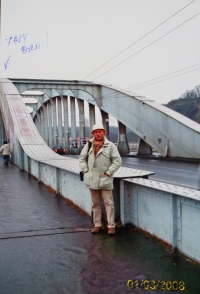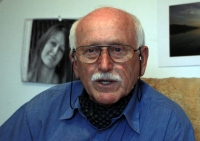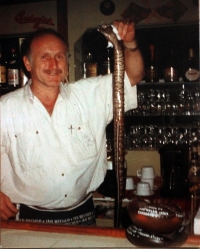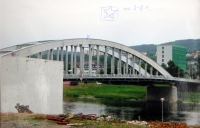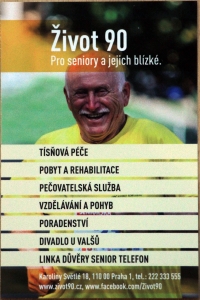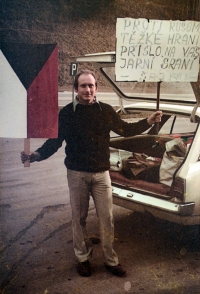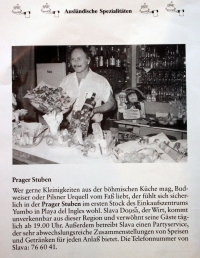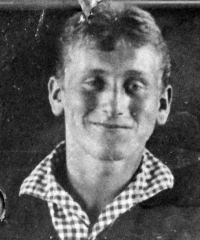That red star has to go down!
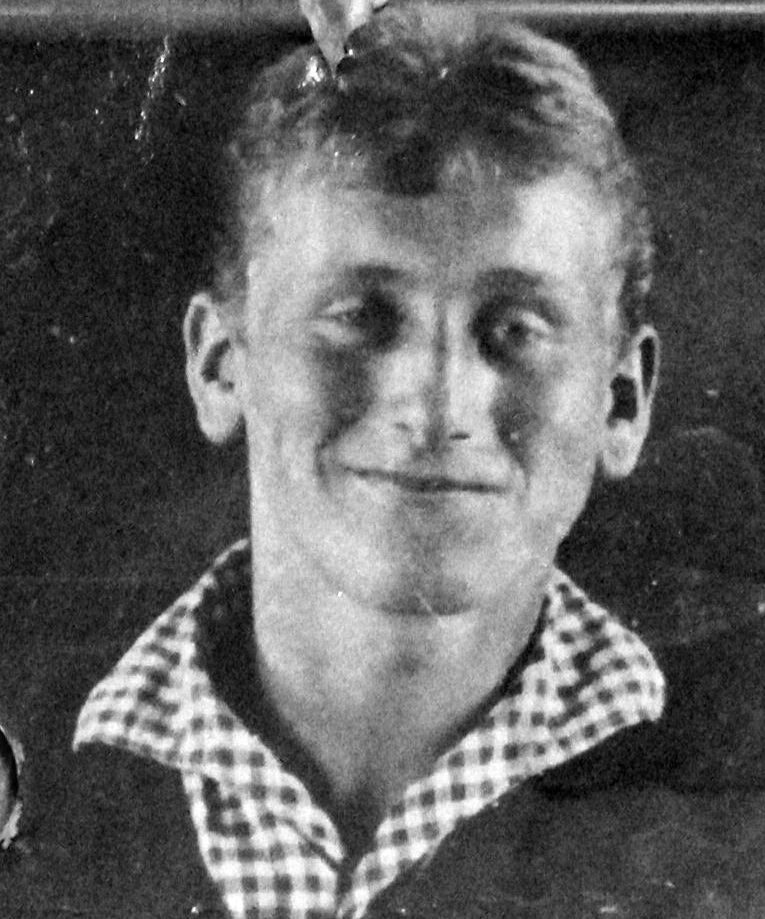
Download image
Bohuslav Douša was born on October 4, 1942, in Pelhřimov, after the war, his parents moved to Ústí nad Labem, where he grew up in 1946. After primary school he trained as a mechanic in chemical equipment, then he continued in his training and education at the Secondary Industrial School of Chemistry in Ústí nad Labem. In his youth, he played a lot of sports, handball and hockey. On August 21, 1968, he lived in Ústí nad Labem. After the occupation in August 1968, he emigrated to Stuttgart, West Germany, where he worked first as a bottling controller, later as a technician in a brewery and wine cellar. From 1976 to 1985 he worked in the Canary Islands as a receptionist and construction supervisor. Later, from 1986 to 1990, he ran a restaurant. After 1990 he returned to Czechoslovakia. During the Olympics in Barcelona in 1992, he worked as a delegate for a Czech travel agency. He later ran a small hotel with his Czech wife. In 2004, he decided to return to the Czech Republic for good. Since 2009 he has lived in Černolice south of Prague.
